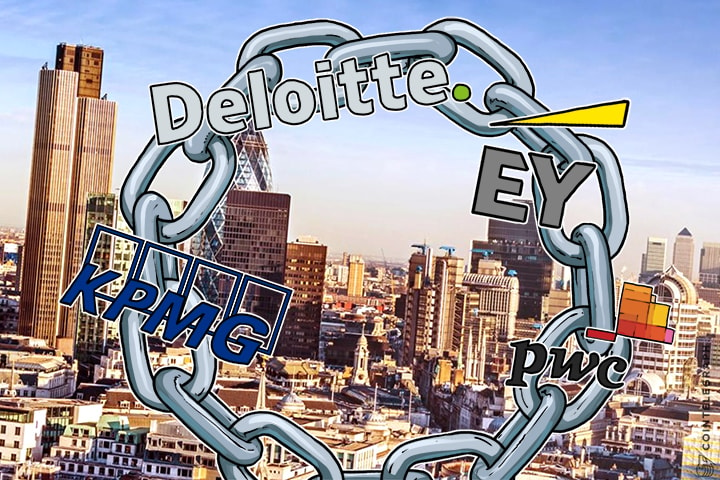The four major accounting firms in the world are set to meet with the American Institute of Certified Public Accountants to discuss the establishment of a distributed ledger consortium.
Known as the 'Big Four', Deloitte, Ernst & Young, KPMG and PwC will be looking at various Blockchain solutions for the accounting sector just as the R3 Consortium - which has over 50 members - has been doing the financial sector.
R3 seems to have set a trend
R3 and over 15 of its consortium member banks recently successfully completed two prototypes which demonstrate how distributed ledger technology can address the key challenges facing the $45 billion global trade finance industry. They used smart contracts on R3’s Corda distributed ledger platform to process accounts receivable (AR), purchase and letter of credit (LOC) transactions.
The R3 Consortium operates based on the philosophy that the distributed ledger technology has the potential to change financial services as profoundly as the Internet changed media and entertainment.
Big ambitions of the ‘Big Four’
Embracing this technology will enable the ‘Big Four’ to improve on their efficiency particularly as they all have a presence in over 150 countries and between them control over 710,000 empoyees. Their combined global revenue for 2015 was over $123 billion.
These firms provide an extensive range of accounting and auditing services including external audit, taxation services, management and business consultancy, and risk assessment and control. The technology will help in their design and production process.
A look into using distributed ledger technology on a large scale could be a shift for these ‘Big Four’ accounting firms as some of them had earlier looked into artificial intelligence.
Kira, Watson and Jeopardy!
Earlier this year, KPMG had announced that it was signing up to IBM's "Jeopardy!" - an analytics service to help with its auditing requirements - then Watson for the analysis and detection of anomalies in massive volumes of financial data.
Deloitte deployed an artificial intelligence contract analysis tool, Kira, which studies what's important to reviewers in contracts and then identifies important information across large pools of agreements.


